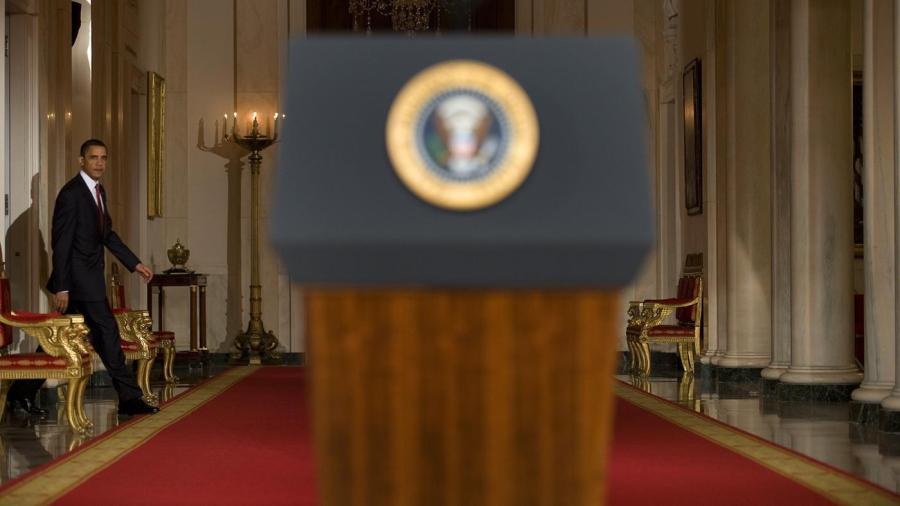What Are the Expressed Powers of the President?

The expressed powers of the president are those powers specifically granted to him by the United States Constitution. The expressed powers of the president are detailed in Article 2 of the United States Constitution.
Under the Constitution, the president may command military forces, convene or adjourn Congress, veto laws, ask his cabinet members to submit their opinions in writing, grant pardons and select United States ambassadors. In addition to expressed powers, the president also has implied powers. These are powers that are not explicitly stated within the Constitution but still fall within the president’s role. Because these powers are not specifically outlined, president’s have interpreted them differently throughout the years. The president also is granted the right to make decisions in times of great urgency. These are known as emergency powers. Similarly, Article 1 of the United States Constitution outlines the powers of Congress and Article 3 outlines those of the judicial branch. Powers not enumerated to one of the three primary branches of government default to the individual states. In this way, the U.S. is able to operate a checks and balances system of government that prevents one arm of the government from being able to exercise too much power over the others.





